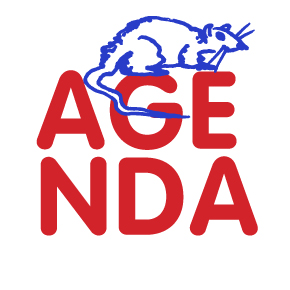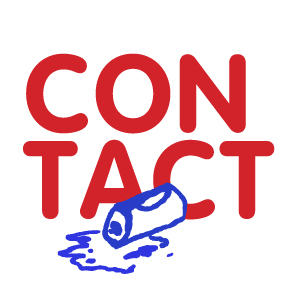Statiegeldflesjes en -blikjes hebben waarde, zowel als grondstof als door het statiegeld. Daarom zou je ze eigenlijk niet als afval moeten zien. Dit ondersteunt het idee om statiegeldflesjes en -blikjes naast de afvalbak te plaatsen, in plaats van erin. Zo kunnen ze hun waarde behouden en bijdragen aan een sociaal doel, zonder dat iemand de afvalbak hoeft te openen.
In Duitsland heeft men hier al positieve ervaringen mee, en in Amsterdam Nieuw-West willen gemeente en VuilnisOproer dit ook proberen – op een legale manier.
Plaats lege statiegeldflesjes en -blikjes naast de afvalbak. Ja, er kan weleens iets wegwaaien, maar veel mensen zullen ze snel oppakken en de waarde ervan inzien.
In English
Opening trash bins to collect deposit bottles and cans is a major cause of litter in public spaces. The waste blows away and creates a mess around the bins.
Deposit bottles and cans have value, both as raw materials and due to the deposit. So, they shouldn’t really be treated as waste. This supports the idea of placing deposit bottles and cans next to the trash bins, instead of inside them. This way, they retain their value and serve a social purpose without anyone needing to open the bins.
Germany has already had positive experiences with this, and in Amsterdam Nieuw-West, the local government and VuilnisOproer want to try this approach as well – legally.
Place empty deposit bottles and cans next to the trash bins. Yes, some might blow away, but many people will quickly pick them up and recognize their value..jpg)


